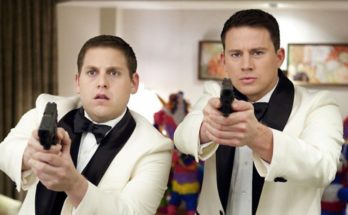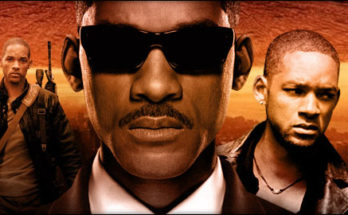The Family That Went Wild
In August of 2006, the Mee family of Devon, England – consisting of DIY columnist and animal lover Benjamin, his brother Duncan, his mother Amelia, and his two children – invested £1.1 million of their own money into the Dartmoor Wildlife Park, a local landmark which opened in 1968 and was forced to close thirty-eight years later after falling on hard times. The eleven-month renovation, which required not only an additional £500,000 but also the family moving into a house on the property, resulted in upgraded pathways, more secure and hospitable animal enclosures, up-to-code restaurants and shops, and the new name of Dartmoor Zoological Park. The enclosures were especially important; prior to the renovation, they had deteriorated to such a degree that the animals would occasionally escape.
Mee would go on to write a memoir and be the subject of a four-part BBC documentary series. Now the memoir has been Americanized by Cameron Crowe into the film We Bought a Zoo, which stars Matt Damon as a fictionalized version of Mee. At one time, he was an adventurous world traveler and reporter; now a widower and a single dad, he finds he’s having trouble keeping his head above water. His young daughter, Rosie (Maggie Elizabeth Jones), seems relatively well adjusted, if a little too precocious. His teenage son, Dylan (Colin Ford), is another matter entirely; he’s moody, rebellious, angry, and dark, as evidenced by his well-rendered but disturbing drawings of decapitations and other forms of physical harm. He’s eventually expelled for stealing money from his school.
All the signs point to one thing: It’s time to start over. Mee quits his job without accepting a severance package, as he considers it a form of pity. I don’t pretend to know how some people’s minds work. He then sells his house, hires an upbeat real estate agent (on what just happens to be his first day on the job), and, against the advice of his brother, Duncan (Thomas Haden Church), picks a house located on what appears to be acres of open land. It seems perfect. But there’s a catch: The open land is actually a part of a dilapidated zoo. If he agrees to buy the house, he is in effect agreeing to become the zoo’s new owner. This means he will have to invest in the zoo’s renovation and, most importantly, make sure the animals are properly cared for. It’s absolutely insane, but it’s also an adventure, the biggest he has ever been faced with. On top of that, it makes Rosie happy. He officially buys a zoo.
There to help him is a small but dedicated ragtag band of comedic typecasts, including the guy with a monkey always on his shoulder and the drunken Scot who has made a mortal enemy out of the local safety inspector (John Michael Higgins), who actively looks for defects just for the satisfaction of pointing them out. They’re led by Kelly Foster (Scarlett Johansson), the perpetually frazzled twenty-eight-year-old who has no life outside of the zoo. As they all scramble to get the zoo ready in time for a July 7 opening date, they will face numerous personal and professional challenges, including low funds, sick and unruly animals, and unresolved issues. Mee must find a way to connect with his son, who laments the loss of his old house and his friends. Dylan must learn to not be such a boy and actually communicate with Kelly’s perky niece, Lily (Elle Fanning). And, of course, Mee and Kelly must come to terms with the fact that they have a crush on each other.
There have been many criticisms aimed at this film, and I can’t argue with any of them. It’s cloying. The characters are essentially one-note stereotypes. This is especially true of Dylan; the only thing missing from his morose personality is the all-black gothic wardrobe. And as for Rosie, she’s just the epitome of cuteness. The plot, while based in reality, has been altered out of all plausibility. Seriously, you have to marvel at the ease with which a zoo can be bought and renovated. But dang it, Crowe is coming from a good place. Shouldn’t we expect that of him by now? He has built his reputation on cynicism-free stories that are intended to make the audience feel good. We Bought a Zoo is sappy and predictable, but it’s also irresistibly charming.
We know, of course, know that Mee went ahead with this more for himself than for his children. Quite simply, he’s trying to escape the memory of his wife. She’s seen in flashback sequences, most of which depicting moments of domestic bliss so picturesque, they seem to have been transplanted from a medication commercial. Mee was once told that, if you allow yourself twenty seconds of insanity, your life will change for the better; he lives his life according to that principle, and I honestly don’t know if this is inspiring or just plain naïve. Perhaps it’s a little bit of both. Whatever the case, this character is what makes We Bought a Zoo worth recommending. He’s just a likeable guy; he many not always know what he’s doing, but he has his heart in the right place. I don’t know how much he is like the actual Benjamin Mee. To be perfectly honest, I don’t really care.



